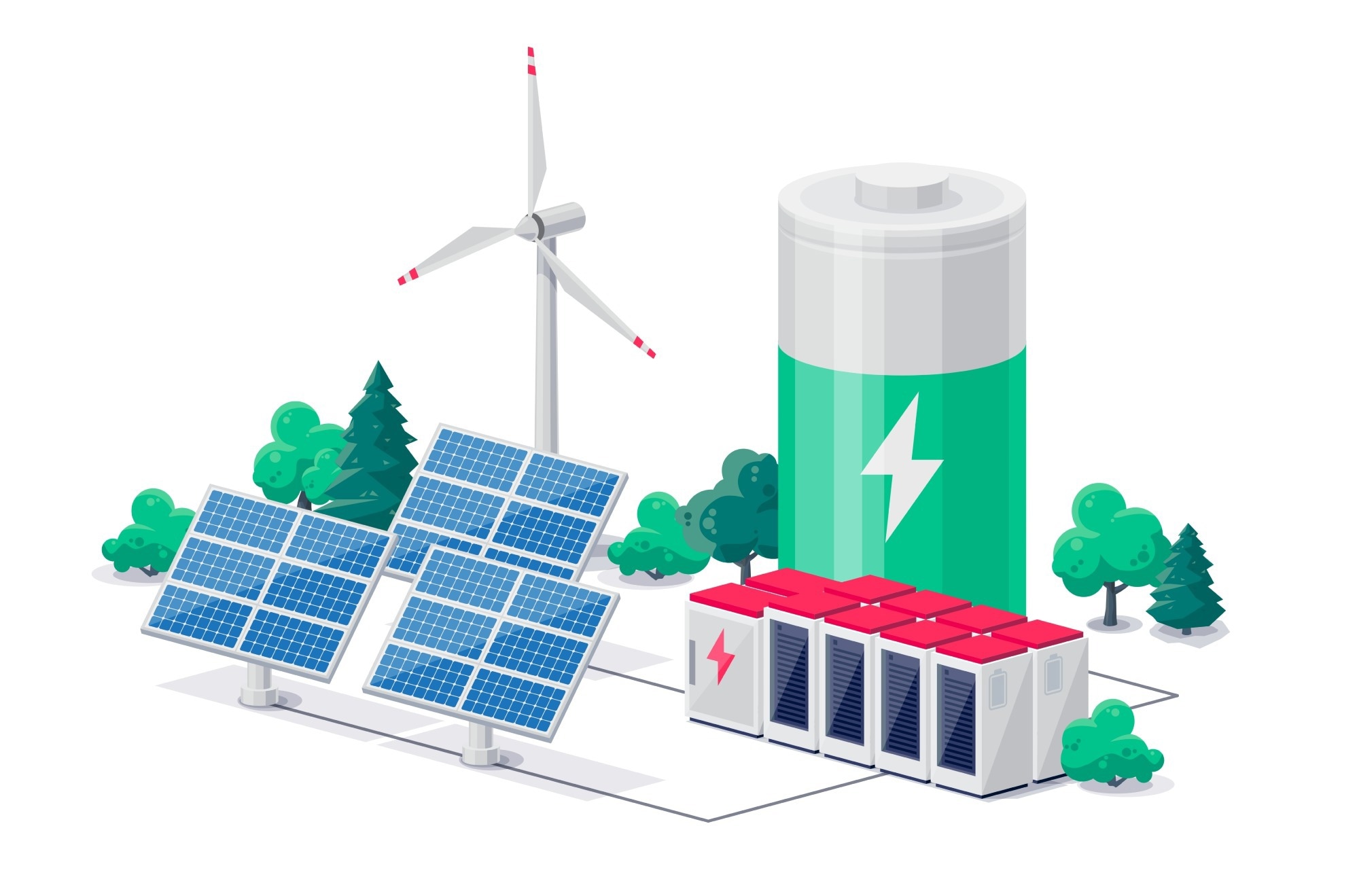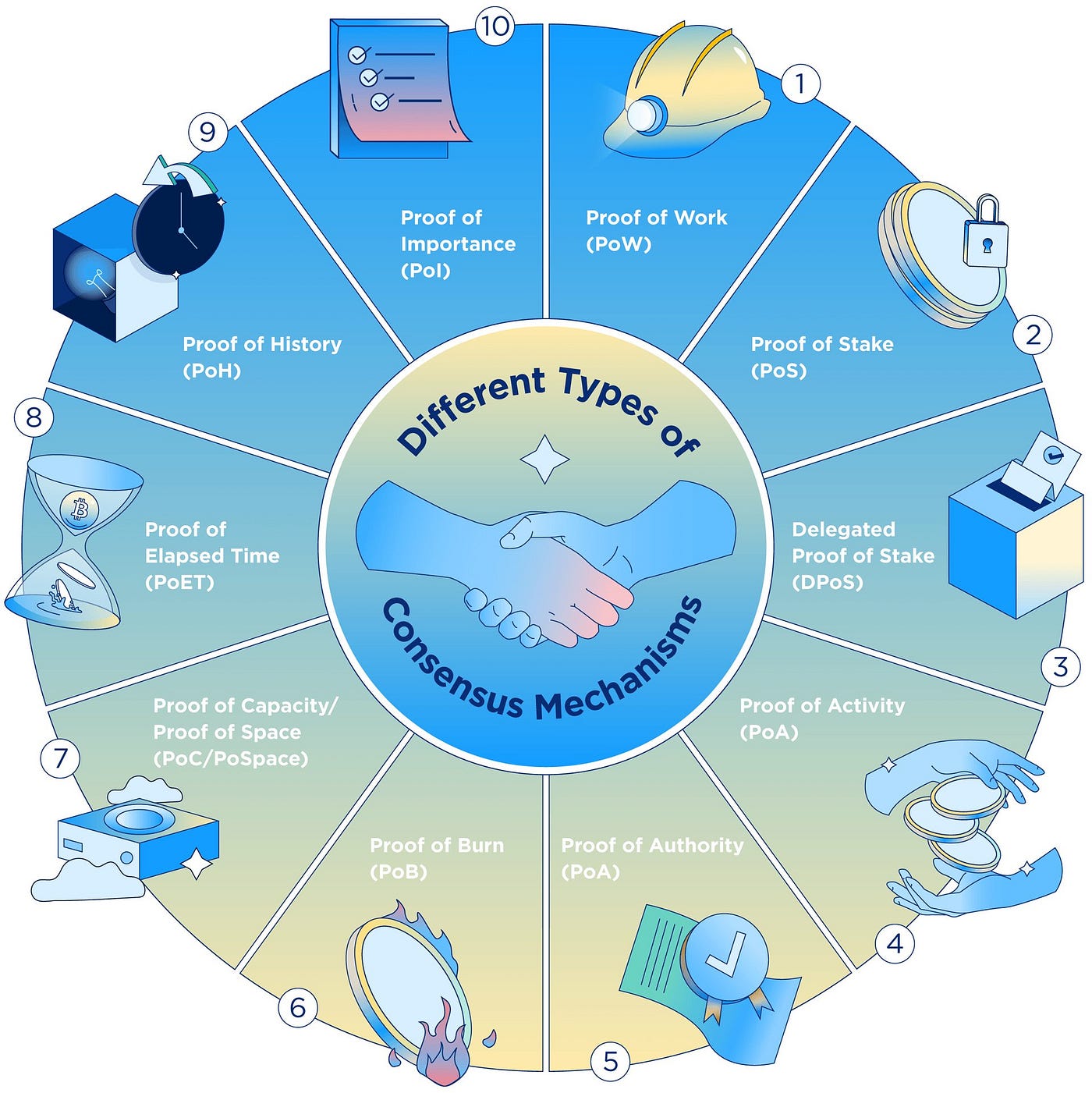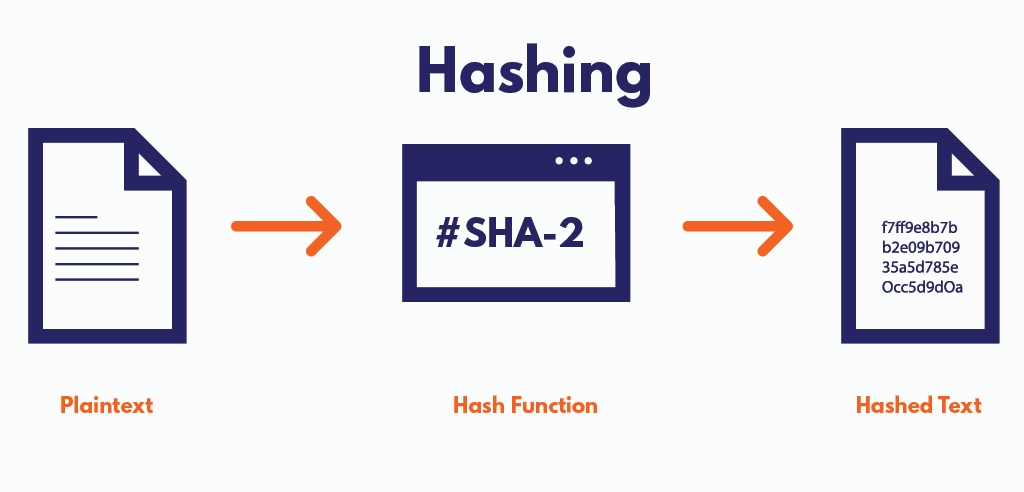Renewable Energy Storage Systems: Powering the Future
Unlocking Renewable Energy Potential
Renewable energy storage systems are revolutionizing the way we harness and utilize renewable energy sources. These innovative systems play a crucial role in addressing the intermittency and variability inherent in renewable energy generation, enabling a more reliable and resilient energy supply. By storing excess energy during times of high production and releasing it when needed, renewable energy storage systems help maximize the utilization of renewable resources and accelerate the transition to a sustainable energy future.
Diverse Storage Technologies
A wide range of storage technologies is available to meet the diverse needs of renewable energy storage systems. Lithium-ion batteries, pumped hydro storage, compressed air energy storage, and hydrogen fuel cells are among the most commonly used technologies, each offering unique advantages and applications. While lithium-ion batteries excel in rapid response and scalability, pumped hydro storage provides large-scale, long-duration storage capabilities. By combining multiple storage technologies, renewable energy storage systems can optimize performance and reliability.
Integration with Renewable Sources
Renewable energy storage systems are seamlessly integrated with various renewable energy sources, including solar, wind, hydroelectric, and biomass. By pairing storage systems with renewable generation sources, excess energy can be stored and utilized during periods of low or no generation, ensuring a steady and uninterrupted power supply. This integration enhances the reliability and stability of renewable energy systems, making them more suitable for meeting the demands of modern electricity grids.
Benefits for Grid Stability
One of the key benefits of renewable energy storage systems is their ability to enhance grid stability and resilience. By providing grid services such as frequency regulation, voltage support, and peak shaving, these systems help maintain the balance between supply and demand and minimize the risk of blackouts and brownouts. Additionally, renewable energy storage systems can facilitate the integration of distributed energy resources, such as rooftop solar panels and small-scale wind turbines, into the grid, further enhancing its flexibility and reliability.
Enabling Energy Independence
Renewable energy storage systems empower individuals, communities, and businesses to achieve energy independence and resilience. By generating and storing their own renewable energy onsite, users can reduce their reliance on centralized power sources and insulate themselves from rising energy costs and supply disruptions. Off-grid and remote communities, in particular, benefit from renewable energy storage systems, gaining access to clean, reliable power without the need for costly grid infrastructure.
Economic Opportunities
The rapid growth of the renewable energy storage industry is creating significant economic opportunities for businesses, investors, and communities. As the cost of renewable energy storage technologies continues to decline, deployment rates are increasing, driving job creation, investment, and innovation across the sector. Additionally, the integration of renewable energy storage systems into electricity markets and grid operations opens up new revenue streams and business models, further accelerating the transition to a sustainable energy economy.
Environmental Impact
Perhaps most importantly, renewable energy storage systems offer significant environmental benefits compared to traditional fossil fuel-based energy systems. By displacing fossil fuel generation and reducing greenhouse gas emissions, these systems help mitigate climate change, improve air quality, and protect natural ecosystems. Additionally, renewable energy storage systems reduce the need for environmentally harmful practices such as mining and drilling for fossil fuels, further minimizing their environmental footprint.
For more information on renewable energy storage systems, visit here.

























